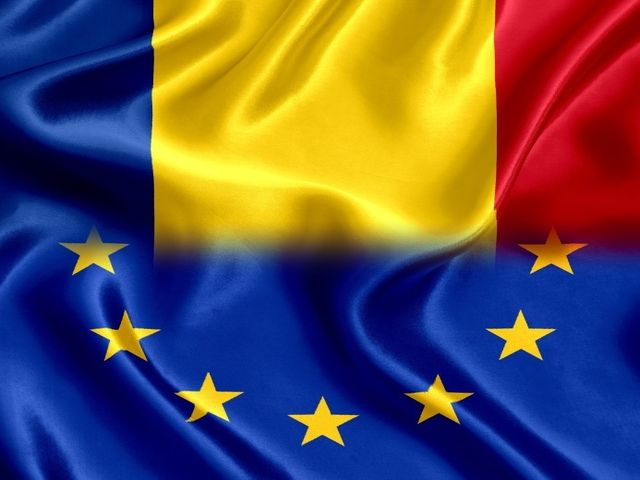16 years since Romania joined the EU
On January 1, 2007, post-communist Romania was admitted into the European Union.
Warning: Trying to access array offset on null in /home/web/rri.ro/public/wp-content/themes/rri/template-parts/content.php on line 53

Warning: Trying to access array offset on null in /home/web/rri.ro/public/wp-content/themes/rri/template-parts/content.php on line 98
Bogdan Matei,
03.01.2023, 14:53
Romanias transition from one of the toughest communist dictatorships in Europe, that of Nicolae Ceauşescu, to the status of European Union member the lasted from December 22, 1989 until January 1, 2007. Preceded by the country’s admission to NATO, in 2004, Romania’s accession to the community structures was considered one of the major successes of the political class in Bucharest, dominated, at the time, by the President Traian Băsescu and the Prime Minister Călin Popescu-Tăriceanu. But all the important parties in Romania supported this target, thus resonating with the expectations of the Romanian society. The archives attest that, in the autumn of 2005, for instance, Romanians trust in the European Union was the highest among all EU member states or the countries in the process of EU accession.
After EU accession, Romania became the seventh country in the Union in terms of the number of inhabitants, and the sixth after Brexit. The Romanian language became one of the official languages of the EU and any Romanian citizen can address the community institutions in Romanian. The very name of the European Union, in Romanian, received official status. The Romanian MEPs took their seats in the European Parliament. Just as the other member states, Romania has a post of European Commissioner in the European Commission. Besides the political gains, the advantages of accession were also felt by Romanians in their daily lives, who became European citizens.
They can travel and settle anywhere in the community space and can compete on the labor market in countries where the wages are much higher than at home. Romanias foreign trade is clearly dominated by exchanges with the EU partners, and the Gross Domestic Product grew constantly in the years after accession. Opinion polls show that most Romanians believe that the direction in which Romania should be going, in terms of political and military alliances, is the West, that is, the European Union, the United States of America and NATO. They think that joining the European Union brought more advantages.
However, about two-thirds answered that their country must defend its national interests when they are not in line with the EU rules, even if it risks losing its position as a EU member state. Fewer respondents said that Romania, as a member state, must respect the community rules, even when its national interests are affected. Anyway, most respondents believe that the European Union should not fall apart in the coming years. However, the polls also show the frustration of most Romanians that their country has not yet been admitted to the free travel Schengen Area, which makes them feel like second-class European citizens. (LS)






























